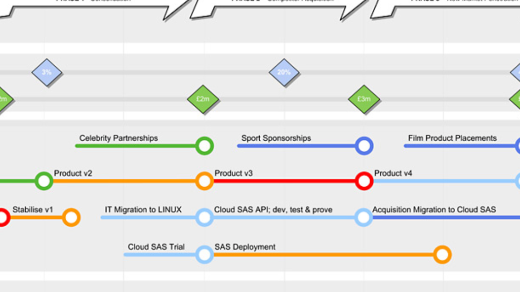Welcome to the ultimate guide for passing the Jenkins Certification Exam.
Jenkins Certification Overview
The Jenkins Certification exam is designed to test your knowledge and skills in utilizing Jenkins software for continuous integration and continuous delivery processes. With a focus on version control, automation, and efficient software development practices, this certification can help validate your expertise in DevOps practices.
By earning this professional certification, you can demonstrate your proficiency in managing software development lifecycles, integrating various tools and technologies, and optimizing processes for improved efficiency and productivity.
The exam is typically a multiple-choice format, covering a range of topics such as Jenkins fundamentals, plug-ins, scripting with Groovy, and integrating Jenkins with other tools like Git and Docker. A strong understanding of Jenkins architecture, pipelines, and best practices is essential for success.
Whether you are a system administrator, software developer, architect, or consultant, obtaining Jenkins certification can enhance your career prospects and showcase your expertise in leveraging Jenkins for streamlined software development processes. Prepare effectively by gaining hands-on experience with Jenkins and studying relevant resources to ensure success on the exam.
Exam Details and Course Outline

| Exam Name | Jenkins Certification Exam |
|---|---|
| Exam Duration | 120 minutes |
| Number of Questions | 50 |
| Passing Score | 70% |
Target Audience and Prerequisites
The Jenkins Certification Exam Guide is designed for individuals looking to validate their expertise in Jenkins, a popular Continuous Integration tool used in software development. This certification is ideal for System Administrators, Software Developers, DevOps Engineers, and anyone involved in Continuous Delivery processes.
To prepare for the exam, candidates should have a solid understanding of Version Control systems like Git, Apache Maven, and Gradle. Familiarity with Command-line Interface and Linux environments is also beneficial. Additionally, hands-on experience with Jenkins in a professional setting is recommended.
Whether you are a seasoned IT professional or just starting your career in Software Development, obtaining Jenkins certification can enhance your skills and career prospects. By demonstrating your expertise in Continuous Integration and Deployment, you can stand out in today’s competitive job market.



